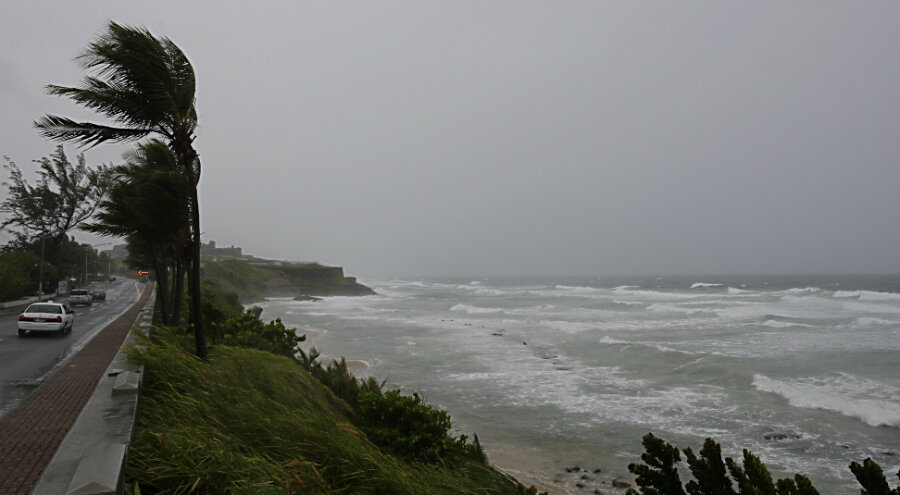Even though human-caused climate change may well be a factor in hurricanes, tornadoes, and wildfires, ascribing the role with any degree of certainty in a specific event is hard. For one thing, the relative rarity of such events makes comparisons difficult.
And with wildfires as well as floods, human factors such as resource management and infrastructure add another layer of complexity. Still, wildfire experts say that as climate change pushes temperatures up and makes some regions drier, it becomes easier for a mishandled match or a lightning strike to start a blaze.
As for hurricanes and other storms, the causes are so complex that it’s difficult for models to replicate them. “The uncertainty is very high as you go down this path,” says Martin Hoerling, a research meteorologist at the National Oceanic and Atmospheric Administration’s Earth System Research Laboratory, who specializes in climate dynamics.
Kevin Trenberth at NCAR is known as an advocate for the view that human-caused climate change has had a pervasive enough impact that it is a factor in virtually every major weather event, but not everyone agrees with him, or sees a point to talking about a role that can’t be explained with some degree of certainty. And Trenberth says it can be hard to know just what the effect will be with some of those more complex events.
“If you talk about hurricanes or tropical storms, then we expect there will be more activity with climate change, but there’s so much variety,” he says. There may be fewer but more intense storms, for example.








